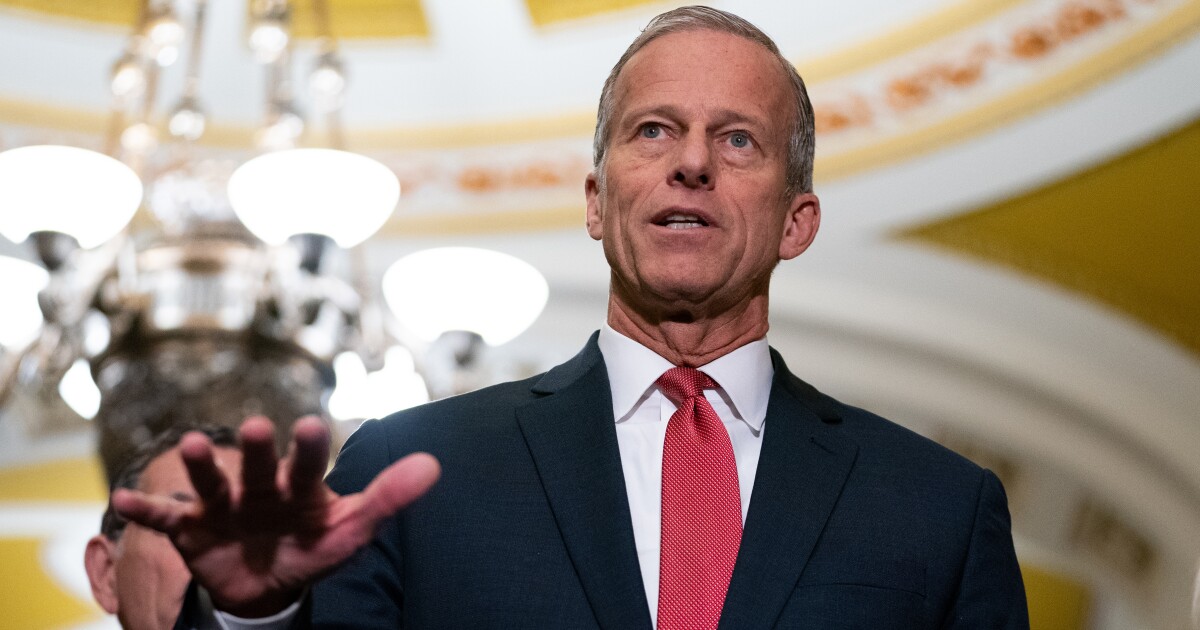Enjoy complimentary access to top ideas and insights — selected by our editors.
We all love our pets, but we sometimes forget to reward them promptly for the positive behaviors we’re encouraging.
Take dogs, for instance. Studies show the longer we wait to reward our pups for a behavior, the less effective the training becomes. Even waiting five or 10 seconds to praise Roscoe for being a “good boy” can diminish the learning effect. He’ll be very confused if you wait until the next morning to reward him with a biscuit. And if he happens to be barking at the postal carrier at the time, he’ll think he should get a biscuit every time he barks at the postal carrier. That’s not the behavior you want to reward.
The same is true for our team members. If we wait for the annual or quarterly review to give them feedback about their performance, it’s ancient history by then and doesn’t carry much weight. Instead, let’s think about ways to shorten the feedback cycle to create more consistent behaviors in our firms. It could simply be public praise as in: “We received excellent feedback from our client 20 minutes ago. Great job, Sarah!”
Sarah worked late several evenings last week to track down a traveling senior partner so he could resolve a complex client issue. However, if the firm didn’t acknowledge Sarah’s effort promptly, she (and her colleagues) would assume they didn’t appreciate the extra effort. Mentioning the extra effort at her next formal review wouldn’t mean much, either.
As a firm leader you have hundreds of opportunities every week to give positive feedback to your team. By giving out kudos and rewards in small frequent doses, you build positive momentum. It’s a great way to keep your team motivated and engaged because it shows you’re paying close attention to their efforts. Compare this approach to what most of us default to: We wait until the annual or quarterly review to acknowledge our team’s efforts. That’s not soon enough, and the message won’t sink in.
The same is true for compensation. You may want to pay a talented person way above market rate to join your firm. The pay bump might get them in the door, but it won’t keep them motivated and engaged once they’re onboard. To keep them motivated and aligned with the firm’s vision during their tenure, you’ll need to provide consistent, real-time feedback.
Suppose a team member stepped up and tackled a thorny challenge that no one else at the firm wanted to deal with. That’s huge. Their efforts should be celebrated ASAP in front of the whole firm. You could give the team member a gift card to a great restaurant or a store they like. Or you could give them a company credit card and tell them to put a nice meal on it with their significant other. Everyone else will get the message: “OK, this is what the firm is paying attention to.” Don’t wait until their quarterly or annual review to show your appreciation.
Creating micro-feedback
Start by making it a point to keep your ear to the ground. Make sure everyone on the team knows you’re paying close attention to all the small wins that are occurring daily. You can even use tools like Bonusly to help you keep track of those wins and reward team members points for their efforts. Like pets, humans are trainable. Figure out which types of positive behaviors you’re trying to drive and then incentivize your team with micro-rewards along with prompt, clear feedback. That way, your organization is continually learning and teaching. I’ve found it’s the best way to create engagement when people clearly understand what firm leaders are paying attention to.
The great thing about accounting firms is that almost everything your people do is tracked. It should be easy to find all kinds of little wins that add up to positive momentum. Unfortunately, too many of these wins go unnoticed and just get rolled into the employees’ annual billing total.
As the old saying goes: “If a tree falls in a forest and no one is around to hear it, does it make a sound?” When Friday rolls around, if a team member had an amazingly productive week, make sure they are publicly praised and receive a mini reward such as a $200 gift card. If you think about it, giving out 50 weekly gift cards at $200 each is equivalent to a $10,000 year-end bonus. However, the gift cards come with a bigger kicker — public acknowledgment. You can’t put a price tag on that. Which type of “bonus” do you think will keep team members more motivated?
The key is to commit to finding ways to reinforce the behaviors that you want faster and more consistently. By the time you get to quarterly or annual reviews, you’re not reinforcing anything. You’re just rehashing something that happened in the distant past. It’s not a good use of your team or the team member’s time.
Addressing negative behavior promptly
The same approach works for negative behaviors you’re trying to correct. If you see someone engaging in negative behavior, that needs to be addressed promptly as well. When it comes to correcting negative behavior, however, you want to deal with that privately, discreetly and very clearly. Public praise can be enormously effective for building a high-performing firm. Public humiliation can be toxic.
If you see positive behavior that you want to see more of, don’t hesitate to make it a huge deal. Don’t hesitate to overdo it with accolades and praise for team members who go above and beyond. You’ll get more back than you ever imagined possible, and it will make you feel good about yourself, too. It’s not so much about the reward itself; it’s about when you dish out the reward.
What is your firm doing to provide faster, more meaningful feedback to team members? I’d love to hear from you.


 Blog Post1 week ago
Blog Post1 week ago
 Personal Finance1 week ago
Personal Finance1 week ago
 Economics1 week ago
Economics1 week ago
 Economics1 week ago
Economics1 week ago
 Economics4 days ago
Economics4 days ago
 Finance4 days ago
Finance4 days ago
 Economics4 days ago
Economics4 days ago
 Economics4 days ago
Economics4 days ago











